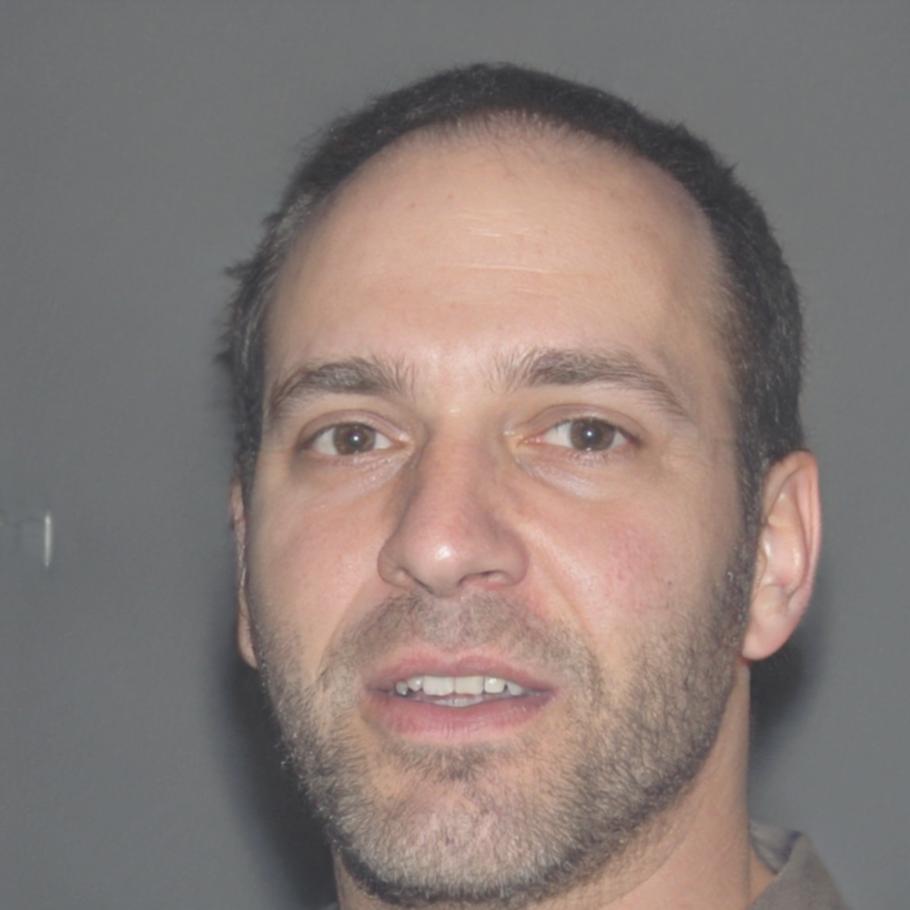We Started With a Spreadsheet Problem
Back in 2018, I was sitting in a Darwin café watching someone struggle with their budget spreadsheet. That moment changed everything.
Most financial education felt disconnected from real life. People needed something different—honest guidance that worked with how they actually lived, not textbook formulas.

From Confusion to Confidence
Before we launched our first workshop in early 2019, I spent months talking with everyday Australians about money. What stood out was the gap between financial advice and practical application.
People knew they should budget. They just didn't know how to make it fit their irregular income, unexpected expenses, or changing circumstances. The advice they found online was either too basic or required accounting knowledge.
One participant told us: "I finally understand where my money goes each month—not because you gave me fancy software, but because you showed me how to actually track what matters to me."
That feedback pushed us to focus on realistic techniques. We built our programs around what works in Darwin households, not what sounds impressive in marketing materials.
How We've Grown
Our journey from local workshops to comprehensive budgeting education happened step by step, always listening to what people actually needed.
Starting Small in Darwin
We ran our first income budgeting workshops at a community centre in Parap. Twenty-three people showed up to learn practical expense tracking. By December 2019, we had refined our core curriculum based on what resonated most with participants—simple tracking methods that didn't require complicated apps.
Building Online Resources
The pandemic pushed us online faster than planned. We adapted our in-person methods to work remotely, discovering that people appreciated learning at their own pace. Our six-week online course launched in March 2021 with a focus on building sustainable habits rather than quick fixes.
Deepening Our Approach
After working with hundreds of people, we noticed patterns in what created lasting change. We rebuilt our curriculum to focus on decision-making skills and psychological barriers around money. This shift made our programs more effective for people with complex financial situations.
Where We Are Now
Today we offer structured programs starting in September 2025 and March 2026, combining online lessons with optional group discussions. We're still based in Darwin, still focused on practical skills, and still adjusting our approach based on what participants tell us works in their daily lives.
What Guides Our Work
These aren't corporate values we printed on a poster. They're the principles that shape every decision we make about our programs.
Honest About Limitations
We won't promise you'll become financially independent in six weeks. Budgeting is a skill that develops over time with practice. Our programs give you tools and techniques, but you do the work.
Practical Over Theoretical
Every technique we teach comes from real situations we've encountered. If something sounds good in theory but fails in practice, we don't teach it. You'll learn methods that work with messy, unpredictable real life.
Built on Feedback
We change our curriculum based on what participants tell us. If a module isn't landing or an explanation creates confusion, we revise it. Our approach evolves because we listen to the people using it.
Who's Behind This
Meet the person who turned a spreadsheet observation into a practical budgeting education program.

Callum Thorsby
I've been teaching income budgeting in Darwin since 2019, though my background is in adult education rather than finance. That café moment where I saw someone struggling with their spreadsheet reminded me of my own budgeting disasters in my twenties.
What drives me is watching the shift when someone finally gets how to track their actual spending patterns, not idealized versions. I've worked with everyone from casual workers with irregular income to families juggling multiple financial priorities.
These days I spend most of my time refining our curriculum and running our quarterly programs. When I'm not working, you'll find me at Mindil Beach or attempting to keep my vegetable garden alive in Darwin's climate.
Our Teaching Method
We don't lecture about financial theory. Our approach focuses on building skills through practice, feedback, and gradual complexity.
Each program follows a structure that lets you apply what you learn immediately. You start with basic tracking, then move to analysis, then to planning ahead—but only after you're comfortable with the previous step.
- Small group sessions where you can ask questions about your specific situation without judgment
- Real examples from Darwin households facing challenges similar to yours
- Practical assignments that take 20-30 minutes, not homework that requires hours
- Follow-up resources you can reference when questions come up months later
- Optional check-ins after the program ends to troubleshoot obstacles



Ready to Build Better Budget Habits?
Our next program starts in September 2025. Spots are limited to keep groups small enough for individual attention.
View Program Details